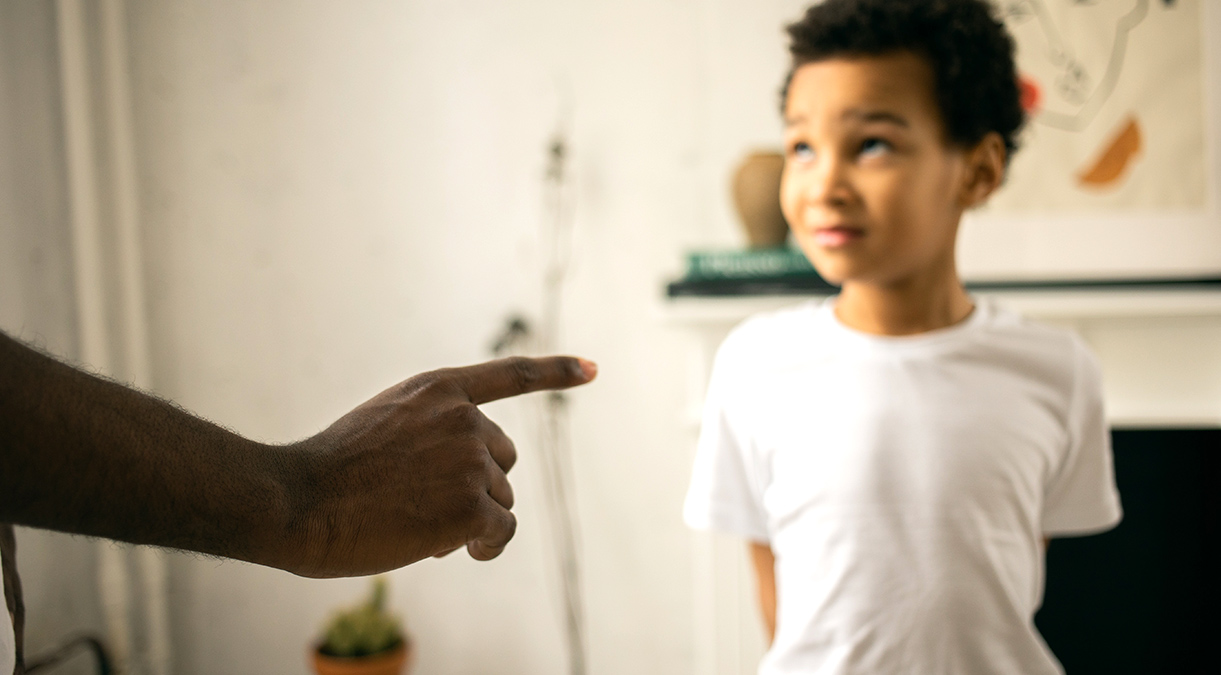Read part 1 before continuing part 2
It is critical to note that not all children who are exposed to trauma, violence, or other risk factors will become violent. These circumstances, however, can enhance the likelihood of violence. If you are concerned that a kid in your life is at risk of becoming violent, it is critical that you get treatment from a skilled expert.
The solution
Some things that may be done to assist prevent youngsters from being aggressive. Here are some solutions and things to think about:
- Early intervention is critical in detecting indicators of hostility or violent behaviour. Early intervention programmes, such as counselling, therapy, or behaviour modification strategies, can assist address underlying difficulties and give the kid the appropriate support.
- Positive parenting requires providing a caring and supportive home environment. Encouraging positive discipline techniques, fostering open communication, and modelling nonviolent behaviour may all assist in moulding a child’s behaviour in a positive and beneficial way.
- Education and awareness and raising children’s knowledge of the effects of violence, as well as teaching empathy, tolerance, and conflict resolution skills, can help them develop better methods of coping with their emotions and disputes.
- Increasing a child’s resilience can help them cope with stress, hardship, and bad influences. This may be accomplished through the development of self-esteem, the teaching of problem-solving skills, and the provision of opportunities for healthy social interactions and extracurricular activities.
- Having access to mental health services. It is critical to identify and manage any underlying mental health concerns. Making mental health services, counselling, and therapy available to children can help them process their feelings, build coping skills, and discover better ways to express themselves.
- Encourage strong peer connections and participation in supportive community programmes to help lessen the possibility of aggressive behaviour. Prosocial behaviour and a sense of belonging may be promoted by peer mentors, good role models, and community-based activities.
- Collaboration is required to address the issue of violent behaviour among families, schools, mental health specialists, and community organisations. It is critical to collaborate in order to identify and address risk factors, give assistance, and adopt preventative measures.
- Make your house a secure and stable atmosphere. Children require a sense of safety and affection in order to develop healthy emotional, psychological, and cognitive skills.
- Teach youngsters healthy strategies to deal with their emotions. Children must learn to express their feelings in appropriate ways, such as by talking, writing, art or drawing. This involves teaching children how to speak effectively, compromise, and walk away from potentially violent situations.
- Set clear norms and expectations for children. Children must understand what is expected of them in terms of behaviour. They must also understand that there will be repercussions for disobeying the rules.
- Children learn from the adults in their life who model positive behaviour. It is critical to model these behaviours for your children if you want them to be nice and courteous.
- Get help if you need it. If you are having difficulty raising your children on your own, don’t be hesitant to ask for assistance. Parenting seminars, support groups, and counselling are among the numerous services available to assist parents.
- Act as positive role models. Children learn from the adults in their lives. It is critical for youngsters to see positive role models who exhibit peaceful behaviour.
- Participate in your child’s life. Children who have a strong bond with their parents and other adults are less prone to participate in dangerous behaviour.
It’s important to recognise that every child and situation is unique, and a tailored approach is necessary. Professionals such as psychologists, counsellors, and social workers can give further assistance and help in treating and avoiding aggressive behaviour in children.

Article last updated on 5th June, 2023
By Rajdeep Dam


Leave a Reply